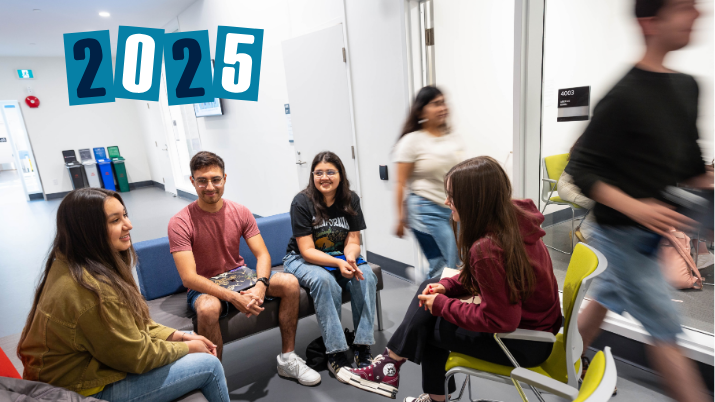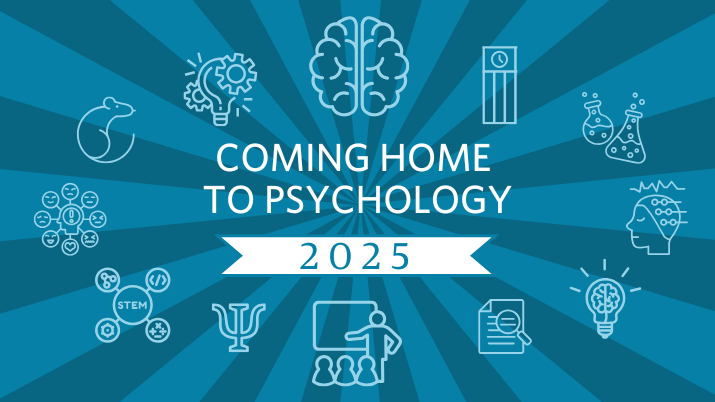Title: The causes and consequences of analytic thinking
Abstract:
The ability to reason is the cornerstone of what makes us human, and is essential for scientific, technological, and cultural progress. Despite our species’ remarkable reasoning abilities, however, we also have a propensity to act without thinking carefully – often leading to bias and poor decision-making. Dual process theories have been proposed to describe the tension between intuitive and analytic processes, but have largely focused on delineating the characteristics of these two different forms of cognitive processing (e.g. by exploring what judgments and decisions are favored by intuition vs analytic thinking). In this talk, I present work investigating two core questions that, despite their critical importance for dual-process theorising, have received relatively little attention: 1) What factors determine when we rely on intuition or, rather, engage in analytic reasoning? and 2) What are the consequences of individual differences in this propensity to override intuitions? I will begin with a metacognitive model of analytic engagement in which I argue that competition between different intuitive responses triggers analytic thinking, and then provide experimental evidence in support of this account. I will then illustrate how dual-process models can be applied to an array of research topics, such as religious belief, moral values, creativity, science attitudes, health beliefs, and pseudo-profound bullshit. This research indicates that even though people are generally quite biased, there is good evidence that at least some people are able to override salient intuitions at least some of the time. I finish by arguing that investigating the limits of human reason may be a fruitful avenue for interventions that might improve the human condition for future generations.
Job Talk: Gordon Pennycook | Cognitive Science Area
DATE
TIME
1:00 PM - 1:00 PM

